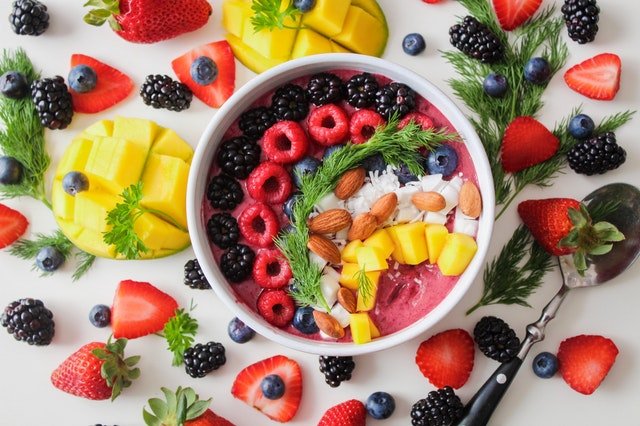
For the eighth consecutive year, the DASH Diet developed by National Institutes of Health is the “best overall” diet among nearly 40 diets.
Recent research suggests that combining DASH with a low-sodium diet can help lower blood pressure as well as or even better than many anti-hypertension drugs.
DASH diet focuses on vegetables, fruits, whole grains, low-fat dairy, and lean proteins. It is also the No. 1 i“healthy eating” and “heart disease prevention” diet.
According to the World Health Organization, high blood pressure is the most common chronic condition worldwide.
It is a big risk factor for heart disease and stroke and affects 1 billion people.
To help prevent and treat high blood pressure, NIH developed DASH. But the diet also has proven highly effective in lowering blood cholesterol.
Studies have shown that people who follow the DASH diet may be able to reduce their blood pressure by a few points in just two weeks.
Over time, their systolic blood pressure could drop by 8- 14 points, which can strongly reduce the risk of heart disease and stroke.
The health benefit can be even better if DASH is combined with a low sodium diet.
A study of more than 400 adults with prehypertension, or stage 1 high blood pressure, shows that the combination of a low-salt diet with DASH can substantially lower systolic blood pressure.
Overall, people who started out with the highest blood pressure achieved the greatest reductions.
Researchers suggest that DASH is not a fad diet, but a healthy eating plan that supports long-term lifestyle changes. It is low in saturated fat, trans fat, and cholesterol.
It focuses on fruits, vegetables, and low-fat dairy foods, and includes whole grains, poultry, fish, lean meats, beans, and nuts.
DASH is rich in potassium, calcium, and magnesium, as well as protein and fiber. And it reduces foods like high-fat red meat, sweets, and sugary beverages.
An interesting aspect of the DASH diet is that the effects are greater in people with hypertension or higher blood pressure at baseline, which is comparable to anti-hypertensive medications.
Because dietary interventions can be as effective as – or more effective than – antihypertensive drugs in those at highest risk for high blood pressure, maybe it can be the first-line treatment option for people with high blood pressure.
Copyright © 2019 Knowridge Science Report. All rights reserved.



